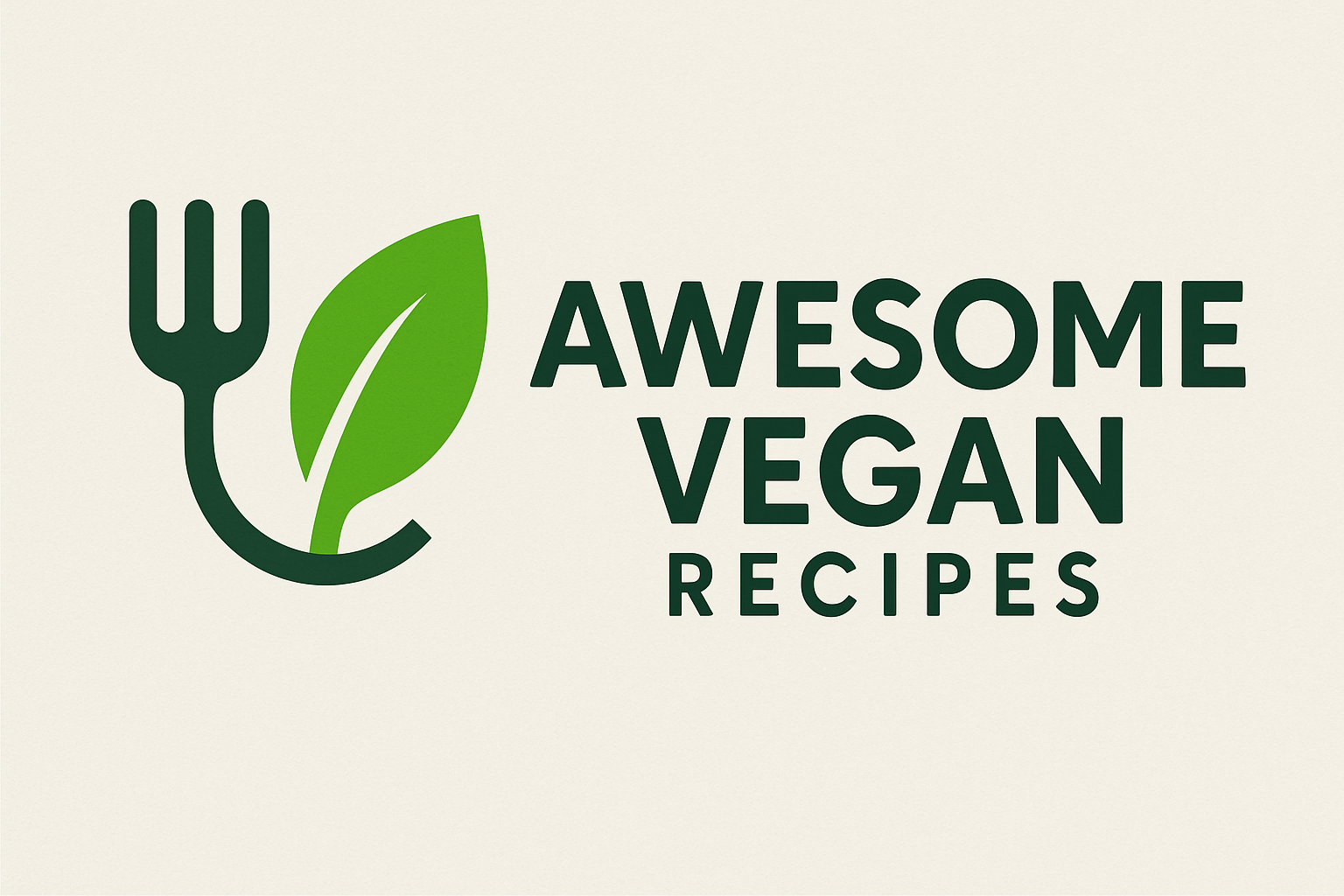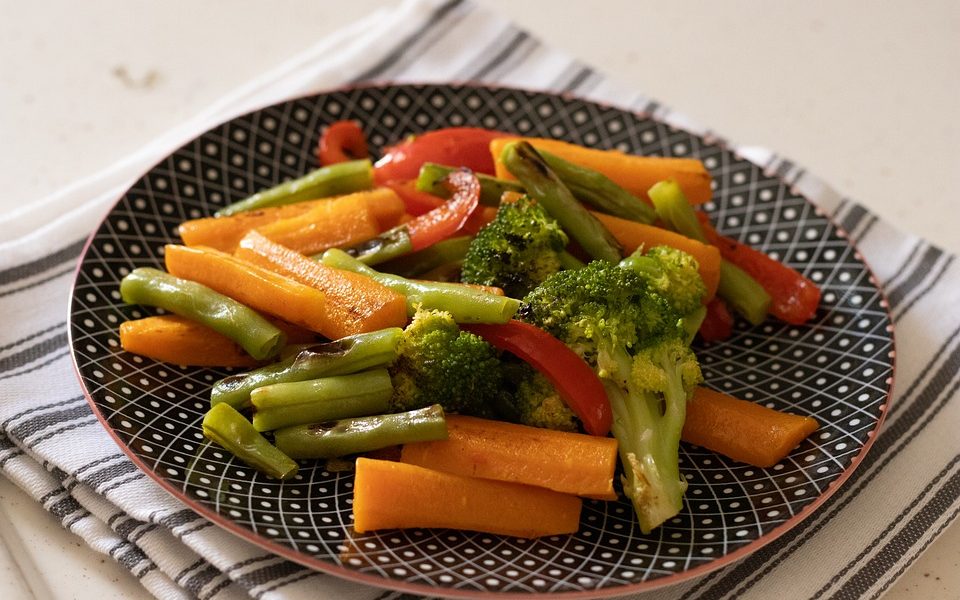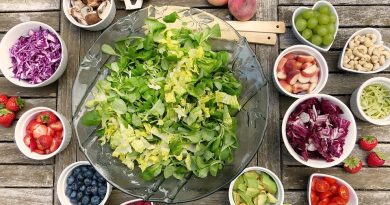The Vegan Starter Pack: A Complete Guide to Nutrition for Beginners
The Vegan Starter Pack: A Complete Guide to Nutrition for Beginners
Going vegan can be a life-changing decision that not only benefits your health, but also the planet and animals. However, starting a vegan diet can be overwhelming, especially if you are unsure about how to get all the nutrients your body needs. In this guide, we will provide you with a comprehensive overview of vegan nutrition for beginners, along with tips and tricks to make your transition to a vegan lifestyle smooth and enjoyable.
Why Go Vegan?
Before we dive into the nitty-gritty of vegan nutrition, let’s first discuss why you should consider adopting a vegan lifestyle. Veganism is not just a diet – it is a philosophy that seeks to minimize harm to animals, reduce global warming, and improve overall health. By eliminating animal products from your diet, you are taking a stand for animals, the environment, and your well-being.
Getting Started
If you are new to veganism, it’s important to ease into the transition to avoid feeling overwhelmed. Start by incorporating more plant-based foods into your diet and gradually phasing out animal products. Experiment with different vegan recipes and explore plant-based alternatives to your favorite foods.
The Vegan Food Pyramid
The vegan food pyramid serves as a guide to help you understand the key food groups that should make up your diet. At the base of the pyramid are fruits and vegetables – aim to fill half of your plate with these nutrient-dense foods. Next, focus on whole grains, legumes, and plant-based protein sources like tofu, tempeh, and seitan. Include nuts, seeds, and healthy fats in moderation, and make sure to take a B12 supplement to ensure you are meeting all your nutritional needs.
Key Nutrients to Consider
As a vegan, there are certain nutrients that you may need to pay extra attention to in order to maintain optimal health. Here are some key nutrients to consider:
1. Protein: Contrary to popular belief, it is possible to get an adequate amount of protein on a vegan diet. Sources of plant-based protein include beans, lentils, quinoa, tofu, tempeh, and seitan. Aim to include a variety of protein sources in your meals to ensure you are meeting your protein requirements.
2. Iron: Plant-based sources of iron include leafy greens, lentils, tofu, and fortified cereals. Pair iron-rich foods with vitamin C-rich foods like citrus fruits and bell peppers to enhance iron absorption.
3. Calcium: Calcium is essential for strong bones and teeth. Good sources of calcium on a vegan diet include fortified plant-based milks, tofu, almonds, and leafy greens like kale and collard greens.
4. Omega-3 fatty acids: Omega-3 fatty acids are important for heart health and brain function. Include sources of ALA (alpha-linolenic acid) such as flaxseeds, chia seeds, and walnuts in your diet, or consider taking an algae-based DHA supplement.
Meal Planning Tips
Meal planning is key to maintaining a balanced vegan diet. Here are some tips to help you plan nutritious and delicious meals:
1. Stock up on pantry staples like grains, legumes, nuts, seeds, and spices to make meal prep easier.
2. Plan your meals ahead of time to ensure you have a variety of nutrient-dense foods throughout the week.
3. Batch cook and freeze meals for busy days when you don’t have time to cook from scratch.
4. Get creative with plant-based ingredients and experiment with new recipes to keep things interesting.
Navigating Social Situations
Eating out and attending social gatherings as a vegan can be challenging at first, but with some planning, you can still enjoy delicious meals with friends and family. Before dining out, check the menu beforehand to see if there are vegan options available. When attending social gatherings, consider bringing a vegan dish to share with others, or eat a snack beforehand to ensure you have something to eat. Most importantly, remember that it’s okay to ask questions and advocate for your dietary needs.
In conclusion, starting a vegan lifestyle can be a rewarding and fulfilling journey. By focusing on nutrient-dense plant-based foods, incorporating a variety of sources of protein, iron, calcium, and omega-3 fatty acids, and planning your meals ahead of time, you can set yourself up for success as a vegan. Remember to be patient with yourself and enjoy the process of discovering new flavors and ingredients on your vegan journey. Welcome to the vegan community – we’re excited to have you!






